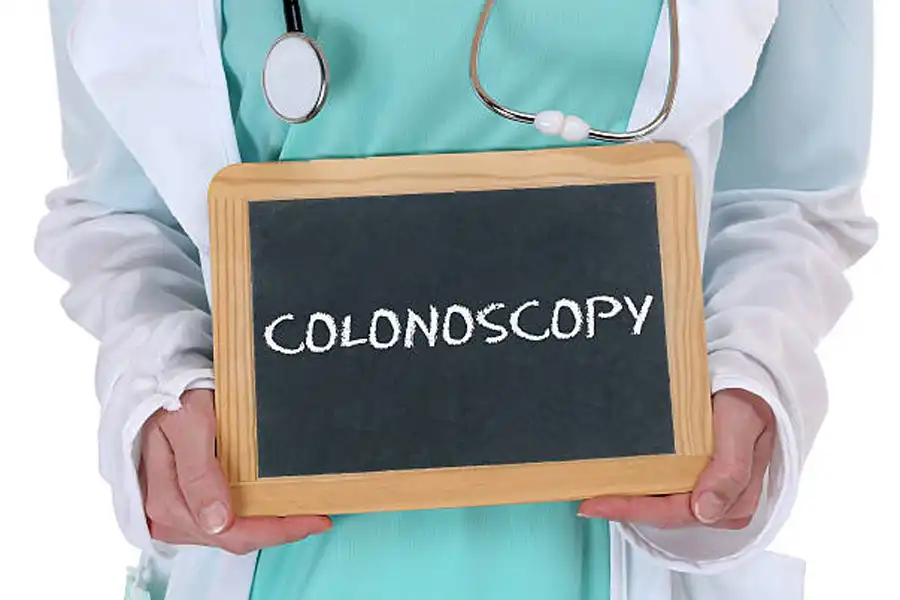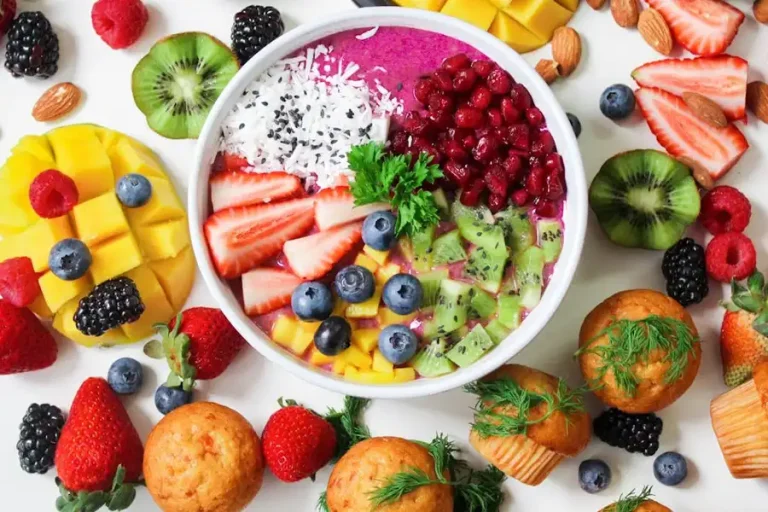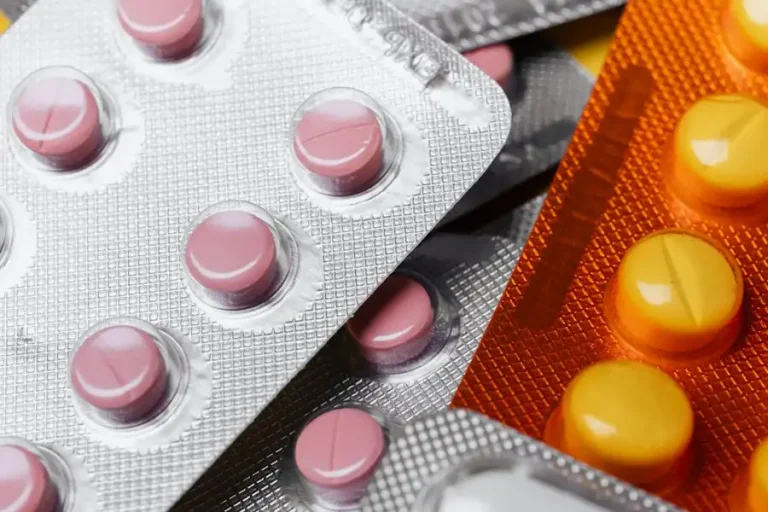Following a 1-Week Colonoscopy Diet Sheet is essential for proper bowel preparation, ensuring clear visibility during the procedure. This structured diet plan helps gradually reduce fiber intake, transition to low-residue foods, and ultimately shift to a clear liquid diet before the colonoscopy. Adhering to these dietary guidelines prevents incomplete cleansing, reduces the risk of rescheduling, and allows for accurate examination results.
Table of Contents
Why a Colonoscopy Diet is Essential
A colonoscopy is a crucial procedure used to detect abnormalities like polyps, inflammation, or early signs of colorectal cancer. For the doctor to get a clear view of the colon lining, proper dietary preparation is necessary. If food particles remain in the digestive tract, they can obscure the view, leading to inconclusive results or the need for a repeat procedure.
Following the recommended diet ensures a thorough cleanse of the bowel, reducing the risk of complications and making the exam more effective. Ignoring dietary guidelines can result in an incomplete procedure, delaying diagnosis or treatment.
This guide provides a structured 7-day colonoscopy diet plan, detailing which foods to eat and avoid at each stage. By following these steps, patients can navigate the process smoothly and achieve optimal results.
The Role of Diet in Colon Cleansing
How Diet Affects Bowel Preparation
The goal of the colonoscopy diet is to minimize residue in the digestive tract, allowing for a clear and unobstructed examination. This means prioritizing low-fiber, easy-to-digest foods that leave minimal waste behind.
High-fiber foods like whole grains, raw vegetables, and nuts take longer to digest and can leave undigested particles in the colon. By gradually reducing fiber intake and transitioning to a clear liquid diet before the procedure, patients ensure the bowel is fully cleansed.
Risks of Not Following the Diet
Not adhering to dietary recommendations can leave the colon inadequately prepared, making it harder for the doctor to detect abnormalities. If the bowel isn’t sufficiently cleared, the colonoscopy may have to be rescheduled—requiring another round of dietary restrictions and bowel prep. Incomplete cleansing also increases the risk of missed diagnoses, as residual stool can obscure polyps or lesions.
The Role of Bowel Prep Solutions
In addition to dietary adjustments, patients are typically required to take a bowel preparation solution the day before the procedure. These solutions act as strong laxatives, flushing out any remaining waste. When combined with a proper diet, they ensure the colon is as clean as possible for an accurate and effective examination.
7-Day Colonoscopy Diet Plan
This gradual 7-day approach allows for an easier transition to a fully cleansed colon.
Days 1–3: Reduce Fiber Intake
Goal: Start cutting back on fiber to limit residue.
✅ Sample Meals
- Breakfast: Scrambled eggs, white toast, apple juice
- Lunch: Grilled chicken, white rice, steamed carrots
- Dinner: Baked fish, mashed potatoes (no skin), peeled zucchini
🚫 Foods to Avoid: Whole grains, raw vegetables, nuts, seeds, tough meats, and legumes.
Days 4–5: Shift to Low-Residue Foods
Goal: Further reduce digestion time by eliminating hard-to-digest foods.
✅ Sample Meals
- Breakfast: Yogurt (no seeds or fruit pieces), refined cereal (e.g., Rice Krispies)
- Lunch: Turkey sandwich on white bread, peeled cucumber
- Dinner: Pasta with butter, skinless chicken breast
🚫 Foods to Avoid: Dairy (if lactose intolerant), red meat, fibrous vegetables, fried or fatty foods.
Days 6–7: Clear Liquid Diet & Bowel Prep
Goal: Completely flush the digestive system for a clean examination.
✅ Allowed Liquids
- Clear broth (chicken, beef, or vegetable)
- Black coffee or plain tea (no milk or creamer)
- Gelatin (avoid red, purple, or blue)
- Clear juices (apple, white grape—no pulp)
- Sports drinks (no red or purple dye)
🚨 Bowel Prep Instructions
- Follow your doctor’s prescribed laxative regimen.
- Stay hydrated to avoid dehydration.
- Expect frequent bowel movements—stay near a restroom.
- If nausea occurs, sip on a clear sports drink or ginger tea.
Strict adherence to this plan ensures a successful colonoscopy with accurate results.
1-Week Colonoscopy Diet Sheet
Approved vs. Prohibited Foods
Knowing what’s allowed and what to avoid is key to effective preparation.
✅ Approved Foods
Low-Fiber & Soft Foods (Days 1–5)
- Grains: White bread, white rice, plain pasta, refined cereals
- Proteins: Eggs, tofu, skinless poultry, lean fish
- Fruits: Peeled apples, bananas, canned peaches (no skins or seeds)
- Dairy: Small amounts of milk, yogurt, or cheese (if tolerated)
- Fats: Butter, margarine, and oils (in moderation)
Clear Liquids (Days 6–7)
- Beverages: Water, apple juice, herbal tea, black coffee (no milk)
- Broth: Clear chicken, beef, or vegetable broth
- Desserts: Gelatin (no red, purple, or blue), popsicles (light colors only)
- Electrolyte Drinks: Sports drinks (no red or purple)
🚫 Foods to Avoid
- High-Fiber Foods: Whole grains, brown rice, quinoa, seeds, nuts
- Fruits & Vegetables: Raw vegetables, corn, broccoli, berries, tomatoes, legumes
- Dairy Products: Milk, cheese, ice cream (if lactose intolerant)
- Red & Purple Dyes: Found in juices, gelatin, sports drinks, and popsicles
- Beverages: Alcohol, soda, and drinks with carbonation or pulp
Tips for a Smooth Preparation
✔ Stay Hydrated: Drink plenty of fluids to prevent dehydration.
✔ Manage Hunger: Sip broths and clear juices frequently.
✔ Avoid Red/Purple Liquids: They can be mistaken for blood during the procedure.
✔ Plan Ahead: Stock up on approved foods and prepare meals in advance.
Post-Colonoscopy Recovery Diet
After the procedure, ease back into solid foods gradually to avoid digestive discomfort.
✅ Recommended Foods for Recovery
- First Few Hours: Clear liquids like herbal tea or electrolyte drinks.
- Soft, Bland Foods: Plain crackers, white toast, mashed potatoes, mild soups.
- Proteins: Scrambled eggs, skinless chicken, tofu.
🚫 Foods to Avoid
- Greasy or Fried Foods (hard on digestion)
- Spicy Foods (can irritate the stomach)
- High-Fiber or Gas-Producing Foods (beans, broccoli, whole grains)
- Alcohol & Caffeine (can dehydrate the body)
Conclusion
Following this colonoscopy diet is crucial for ensuring a thorough and accurate examination. Proper preparation reduces the risk of an incomplete procedure and improves the chances of early detection of potential health issues. While it may feel restrictive, these short-term dietary adjustments play a significant role in maintaining long-term digestive health.
For personalized guidance based on medical conditions or dietary needs, consult your doctor.







